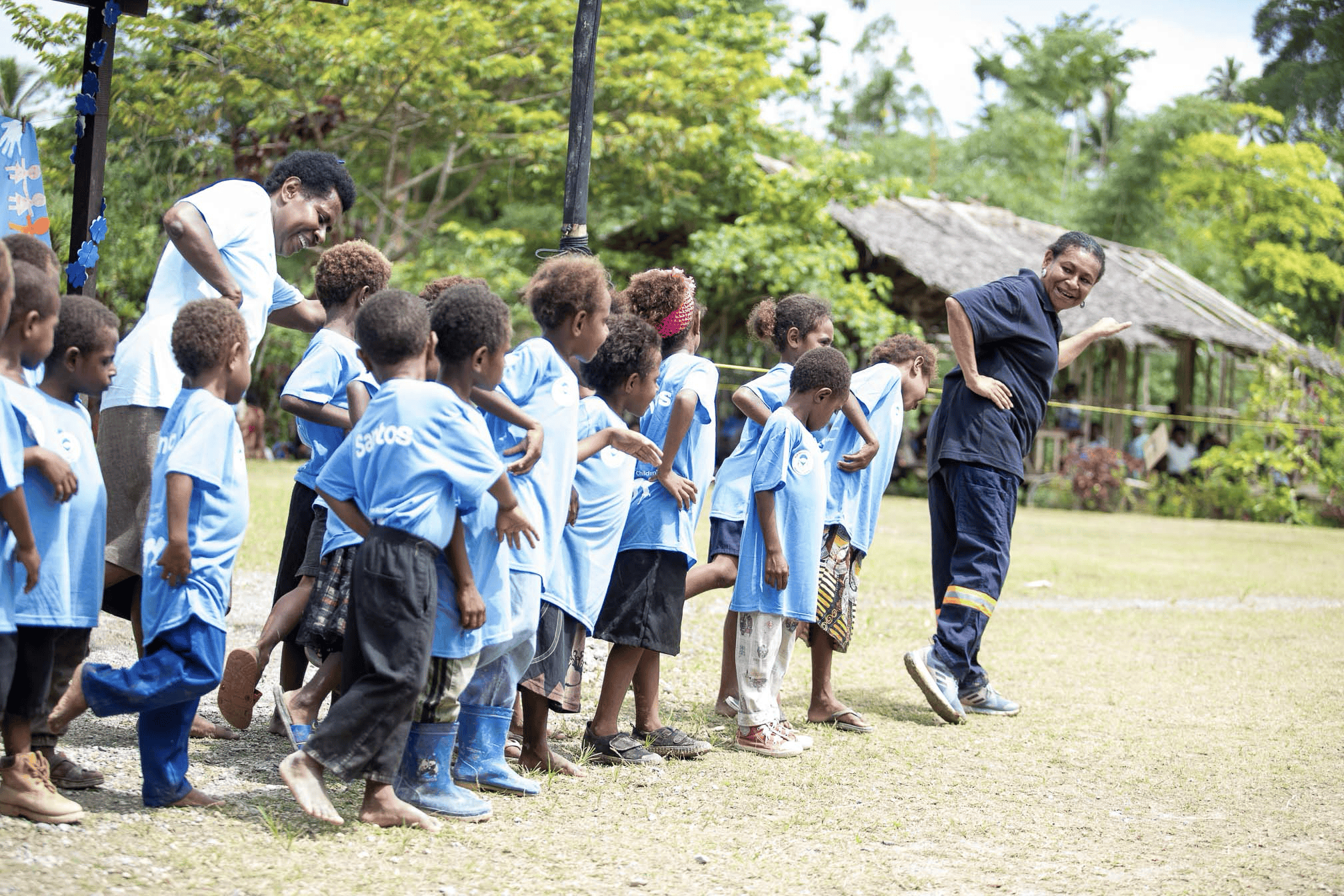
Couples in remote regions of Hela, Kutubu and Kikori are taking advantage of family planning services being rolled out. In a collaboration with the Hela, Southern Highlands and Gulf Provincial Health Authorities, Oil Search Foundation is funding Marie Stopes PNG to provide training for health workers and operate mobile clinics in the area.
The response of couples in the area has far exceeded the expectations of all the partners with targets exceeded in Kutubu (10%), Kikori (80%) and Hela (over 100%).
A total of over 230 family planning care have been completed in the last three months, which have protected families from the consequences of an unplanned pregnancy.
Health staff have also received training from the Marie Stopes staff so that this support can be continued well beyond the project and keep protecting couples into the future.
“It’s a fantastic result,” says one such staffer, Kero Naphalie.
In my opinion, when families don’t plan their pregnancies this adds to the many problems that communities are facing right now, so it’s great that people are starting to do something about it.
PNG’s current birth rate continues to be high (2.7%) representing a major challenge when it comes to providing future generations with enough jobs, schools and services. It is estimated that a province the size of Hela is born each year in PNG.
Moreover, PNG continues have one of the world’s highest maternal mortality rates, with around over 200 women dying per every 100,000 live births with these rates up to three times worse in rural areas. According to the World Health Organisation, many of these deaths could be eliminated if unplanned pregnancies were prevented.
And the good news is that, in the future, more may be.
Family planning can be a taboo subject taboo, but we are finding that more and more men and women are seeing the importance of it, and others are more willing to think about it. They are seeing that land is expensive, that medicine is expensive, that food is expensive, that school fees are expensive. They are thinking ‘we need to limit our family, and they are realising that when you aim for a big family, you are also taking on a quite big health risk.”



